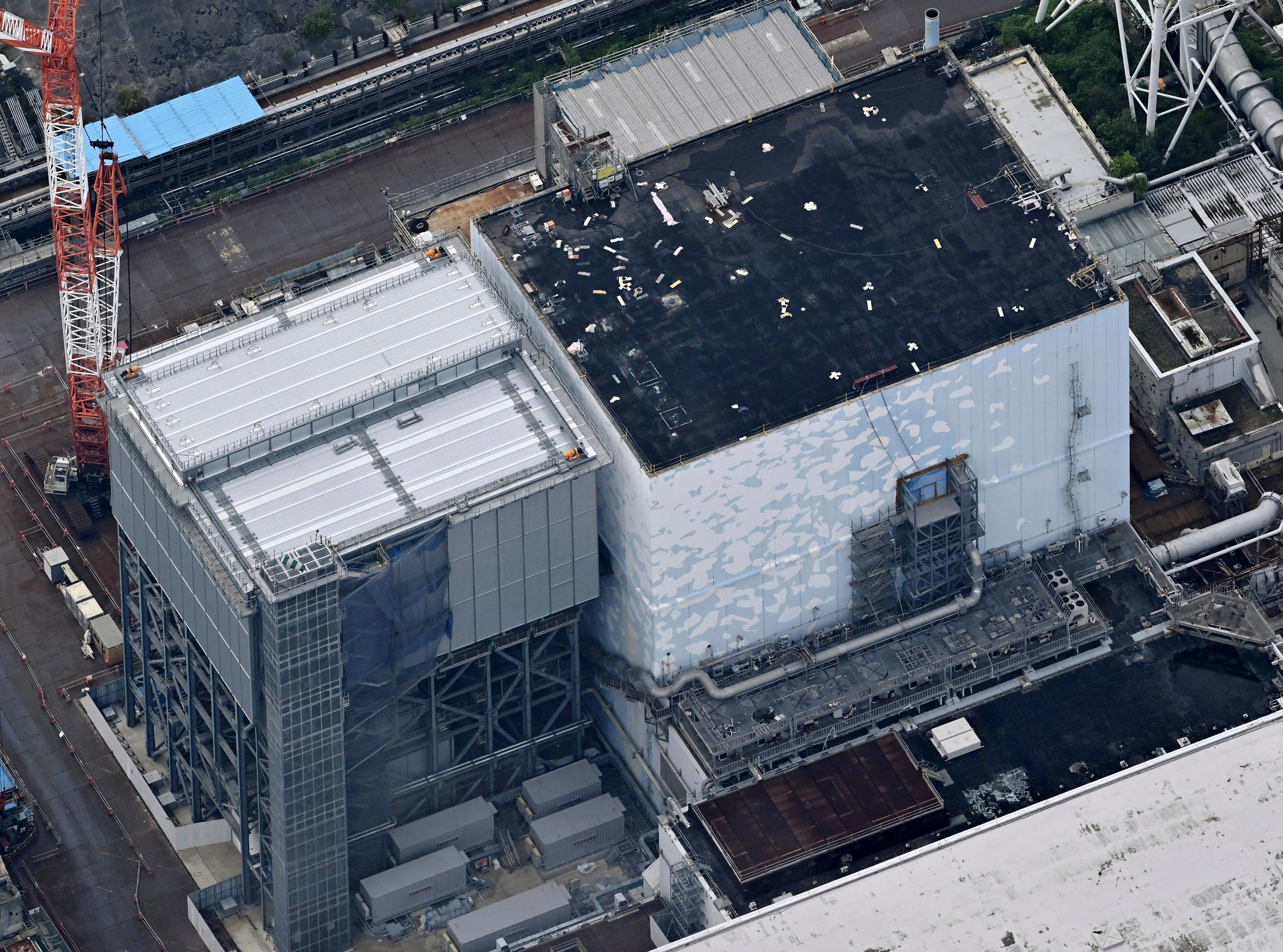Japan and China reach deal over Fukushima water release and move closer to resolving seafood ban
Japan and China said Friday they have reached a deal toward resolving their disputes over the discharge of treated radioactive wastewater from the tsunami-hit Fukushima Daiichi nuclear power plant into the sea and Beijing’s ban on Japanese seafood

Japan and China announced Friday that they have reached a deal resolving their disputes over the discharge of treated radioactive wastewater from the tsunami-hit Fukushima Daiichi nuclear power plant into the Pacific Ocean and Beijing's subsequent ban on Japanese seafood.
Japan's Prime Minister Fumio Kishida said that the two sides have reached “a certain level of mutual understanding” that China will start working toward easing the import ban and will join the expanded monitoring of wastewater discharges from Fukushima Daiichi under the framework of the United Nations' atomic agency.
On Aug. 24, 2023 Japan began discharging treated radioactive wastewater from the plant, which suffered a nuclear meltdown in 2011. In response, China blocked imports of Japanese seafood, saying the release would endanger the fishing industry and coastal communities in eastern China. The ban has hit Japanese seafood exporters to China.
“Naturally, our understanding is that China will steadily resume the imports of Japanese marine products” that meet Chinese standards in the same way as other products from other countries, Kishida said.
Japanese officials described the deal as a breakthrough, but there was no immediate word on when a next monitoring visit will take place or the ban would be lifted.
Kishida stressed that the safety of the Japanese water discharges has been proven and that it will continue to demand China’s immediate lifting of the ban.
“How to properly handle the nuclear-contaminated water of Fukushima is both a political issue and scientific issue,” Chinese Foreign Ministry spokesperson Mao Ning said at a daily briefing on Friday.
“The bilateral consensus of China and Japan lays a foundation for the international community to handle the nuclear-contaminated water scientifically, effectively and safely, and is an initial joint achievement of the international community, especially the stakeholder countries,” Mao said.
China’s statements on the safety of seafood haven’t been backed up by scientific data and are tinged by long-running political disputes dating from Japan’s partial occupation of China in the first half of the 20th century.
Japan says the discharge has met international safety standards and is being monitored by the International Atomic Energy Agency, adding that all past water monitoring data has been publicly available. Japan has criticized China over its seafood ban as unscientific and demanded an immediate end to the measure.
Just before the announcement, Kishida held telephone talks with IAEA Director-General Rafael Grossi and confirmed a plan to expand the current multinational monitoring system to accommodate Chinese scientists in joining its monitoring and sampling of the treated water before and after release within the IAEA framework.
Grossi told Kishida that the ongoing discharge has met safety standards set by the IAEA and ensured his agency’s continuing cooperation with the Japanese government in achieving the additional monitoring at an early date, the Japanese Foreign Ministry said.
Fukushima’s cooling system was damaged during the 2011 earthquake and tsunami, triggering meltdowns in its three reactors and large amounts of radioactive water to accumulate. Its operator, Tokyo Electric Power Holdings Co., has been trying to decommission the plant.
Japan's government and TEPCO say the discharge of the water stored in hundreds of tanks is necessary for safety reasons and to make space for other operations.
Bookmark popover
Removed from bookmarks